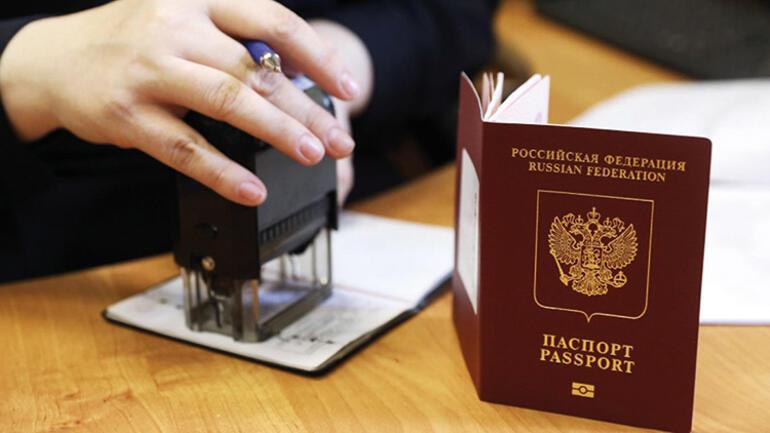The European Union (EU), Baltic and Scandinavian countries, which imposed a series of sanctions on Russia due to the UKRAINE war,Russian its people support the war, Midterm exam It was divided into two due to the demand “Let’s put a ban”. It has a rich Russian population that receives a significant amount of tourists from Russia and permanently resides in its territory. GermanyGreece and Cyprus Greek is strongly opposed to the visa ban. The Greek Cypriot Foreign Affairs defended their objections to the ban by saying, “We even give visas to Turks.”

WE WILL SEE YOU IN PRAGUE
The Baltic states of Lithuania, Estonia and Latvia, which have land borders with Russia and its ally Belarus, stopped issuing visas to Russian citizens, except for humanitarian reasons, with the start of the war. Finland, where the Russians flocked from the land border, reduced the evaluation criteria of 1000 visa applications per day to 100. However, these countries cannot prevent Russians holding a common Schengen visa from other EU countries. The EU term presidency, the Czech Republic, decided that the request for “general visa ban for Russians within the 27-member EU” will be handled at the level of foreign ministers in Prague on 30-31 August. Finland and the Baltic states, as well as northern European countries Sweden, Poland, Denmark and the Czech Republic, fully support the visa ban. The general justification of those who support the ban is that the majority of the Russian people support Putin and the war.
class=”medianet-inline-adv”>
Germany and Mediterranean countries oppose the ban. German Chancellor Olaf Scholz argues that limiting tourist visas would mean punishing Russians who oppose the Putin regime and want to leave the country.
Greece and the Greek Cypriot administration, where a significant number of wealthy Russians live on their lands, oppose the ban for economic reasons. While Greece stated that there was a great increase in the number of Russian tourists coming through Turkey, the Greek Ministry of Foreign Affairs drew attention to the city of Limassol, which became known as ‘Little Moscow’ due to the permanent residence of more than 50 thousand Russian citizens.
.
